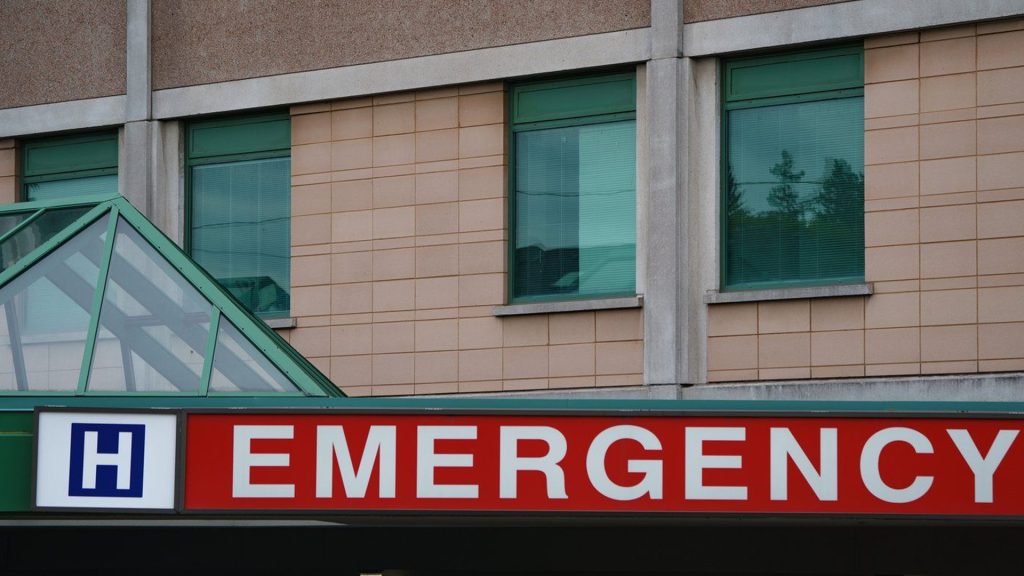Elections watchdog puts top priority on restoring trust in electoral system
Posted May 29, 2012 3:24 pm.
This article is more than 5 years old.
OTTAWA – Restoring trust in the integrity of the electoral system has become a top priority for Elections Canada following the robocall scandal and procedural irregularities that caused the election in one Toronto riding to be overturned.
Chief electoral officer Marc Mayrand said Tuesday the watchdog agency is reviewing its procedures and may yet recommend legislative changes to deal with the problems.
Among the possible solutions, he said, are regulating the manner in which automated and live call centres are used to contact voters and ensuring exorbitant legal costs don’t prevent individuals from challenging dubious election results.
In the robocall case, Mayrand told a Commons committee that Elections Canada has now received 1,100 complaints from voters who say they received harassing or misleading phone calls directing them to phoney polling stations during last spring’s election.
The investigation into the calls is continuing but, regardless of its outcome, he said the watchdog agency intends to recommend improvements to the Canada Elections Act to deal with the use of new technologies. That includes the use of phone banks and “whether and, if so, to what extent, these communications need to be regulated.”
Mayrand said Elections Canada is also moving to address problems exposed by a recent court ruling which overturned the result in Toronto’s Etobicoke Centre. Judge Thomas Lederer set aside 79 ballots due to clerical errors, primarily involving improperly filled-out voter registration and vouching certificates, some of which have disappeared altogether.
The Conservatives, who won the riding by just 26 votes, are appealing the ruling to the Supreme Court.
“In light of recent events, we have readjusted our plans to place a major priority on strengthening measures aiming to improve compliance with the procedures and standards applicable on voting days,” Mayrand told the procedure and House affairs committee.
He said the agency will review the voter registration process, assess the effectiveness of existing checks and balances and institute solutions by the next election in 2015.
“We believe this is critical, regardless of the appeal.”
He said Elections Canada intends to undertake a pilot project into operations at the polls, aiming to become more efficient, provide better service, apply the law more consistently and “generally provide more trustworthy results in our process.” And he said it needs to find “a quality control” mechanism to ensure local elections officials follow the rules on voting day.
Mayrand later told reporters voters should take some consolation in the fact that Lederer found the problems in Etobicoke Centre were the result of “an unacceptable number of clerical errors” by well-meaning, local elections officials, not corruption or fraud.
“We have to appreciate that we’re running 65,000 poll stations, serving 12 million electors on a single day … We have to accept a level of errors. What should it be? In Etobicoke Centre, of course, it should have been very, very low and we need to fix that.”
He argued the fact that the losing candidate, former Liberal MP Borys Wrzesnewskyj, was able to get a remedy through the courts shows the checks and balances worked. But he acknowledged the legal price tag — reportedly more than $200,000 for Wrzesnewskyj — could make the remedy unaffordable for many individuals.
Mayrand said the Supreme Court may address the issue of the defeated MP’s costs but “otherwise, we’ll need changes to the legislation.”
Elections Canada’s budget is being cut by eight per cent as part of the Harper government’s restraint measures. But Mayrand said the agency will find savings by, among other things, putting off some plans, such as a pilot project on Internet voting, and focusing only on its highest priorities.
He assured the committee that the cuts won’t impact the robocall investigation, which “remains a priority,” or impede efforts to improve voting procedures.
Commissioner of elections William Corbett, who is conducting the robocall investigation, has a budget of just less than $2 million. But he has statutory authority to get more money if, for instance, he wants to hire more investigators.










